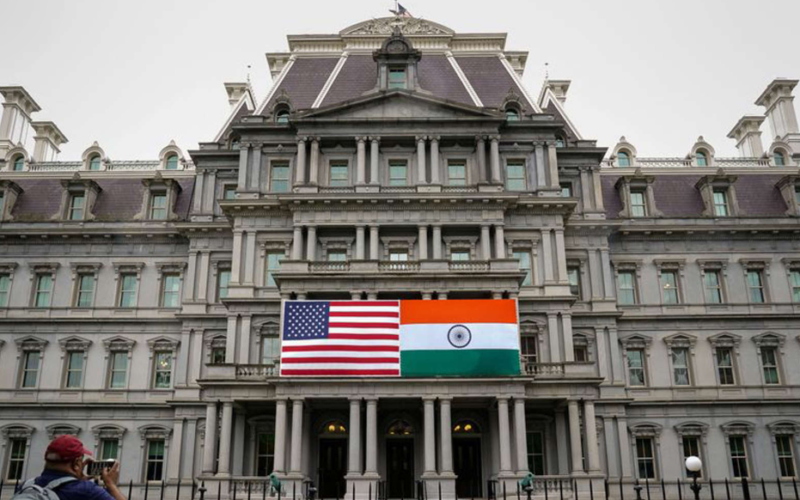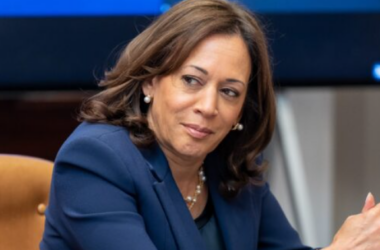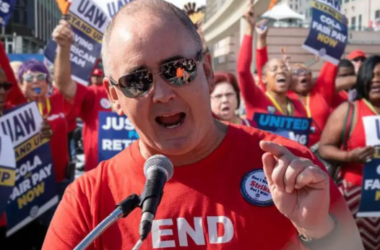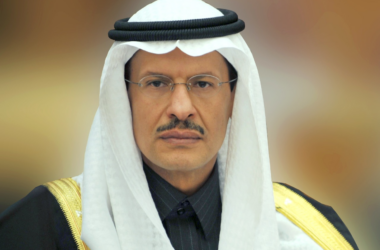In response to security concerns raised by the United States regarding India’s alleged connections to a thwarted plot to assassinate Sikh separatist leader Gurpatwant Singh Pannun, India’s foreign ministry announced on Wednesday that it would initiate a formal investigation. This development adds a layer of complexity to the delicate relationship between India and the Biden administration as they navigate the evolving geopolitical landscape, particularly in the context of China’s rising influence.
The White House had previously confirmed that it had issued a warning to New Delhi regarding its suspected involvement in the foiled plot against Pannun. In a statement, India’s foreign ministry emphasized the seriousness with which the country takes such security-related inputs, pledging to undertake “necessary follow-up action” based on the findings of the panel established on November 18.
The Financial Times first reported the thwarted plot against Pannun on November 22, heightening tensions between India and the U.S. The White House, expressing “utmost seriousness,” had raised the issue with India at the highest levels. This revelation came two months after Canada asserted that it was examining credible allegations linking Indian agents to the murder of another Sikh separatist, Hardeep Singh Nijjar, in June.
India vehemently rejected Ottawa’s accusations, demanding specific and relevant information for further investigation. The U.S. had reportedly been conveying its concerns and associated details to Prime Minister Narendra Modi’s government as early as April, according to an Indian official familiar with the matter.
The issue was further discussed during the November 10 “2+2 dialogue,” where Secretary of State Antony Blinken and Defense Secretary Lloyd Austin met their Indian counterparts to address defense cooperation and security concerns in the Indo-Pacific region.
Both Pannun and the murdered Canadian separatist were proponents of Khalistan, an independent Sikh homeland, which has been a contentious issue with India since the 1970s and 1980s. Although relegated to the fringes of politics, the demand for Khalistan remains a source of concern for New Delhi.
Sanjay Verma, India’s high commissioner to Canada, affirmed over the weekend that India was cooperating with the U.S., sharing “legally presentable” information. However, he emphasized the need for specificity in the accusations, stating that unless provided with concrete details, there was limited scope for further investigation.
The unfolding situation underscores the intricate dynamics at play between India and the U.S., revealing the challenges and sensitivities inherent in navigating complex geopolitical issues and allegations with potential ramifications for bilateral relations. As the formal investigation progresses, it remains to be seen how these developments will shape diplomatic ties between the two nations in the coming weeks.








